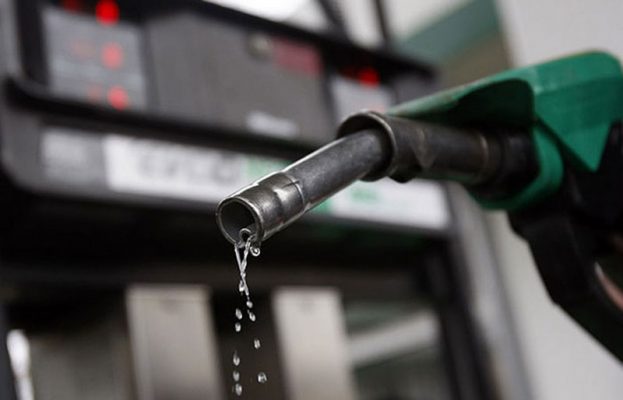That’s a massive shift in Nigeria’s energy dynamics — a 67% drop in petrol imports is no small feat, and it signals a significant move towards energy self-reliance, even if it’s still a work in progress.
Here’s the breakdown of what’s really going on:
🔻 Imports Drop: From 44.6M to 14.7M Litres/Day
Between August 2024 and mid-April 2025, imports of Premium Motor Spirit (PMS) dropped by nearly 30 million litres per day. That’s largely because local production has finally started to kick in.
🔺 Local Refining Surges 670%
In August 2024, local refineries — including Port Harcourt and various modular plants — were barely contributing. But now they’re supplying 26.2 million litres/day, with:
- Port Harcourt Refinery’s phased restart (since November)
- Gradual increases from modular refineries, which are smaller but flexible
⚖️ Current Balance Still Below Target
Despite the improvements:
- Only two months (Nov & Feb) saw total supply exceed the 50M litres/day benchmark
- April so far is lagging at 40.9M litres/day
That shortfall could lead to supply gaps if demand spikes or refineries face technical issues.
🧠 Why It Matters
- Fuel Import Reduction = FX Savings
Nigeria has been bleeding foreign exchange to pay for fuel imports. Cutting back by 67% can ease pressure on forex reserves and the naira. - Boosts Local Industry Confidence
The progress gives hope that the Dangote Refinery, once fully operational, could push local capacity beyond 100% of national demand, opening room for exports. - Still Not There Yet
Even with this progress, Nigeria is not consistently meeting demand. The refineries need stability, investment, and transparency to keep up the momentum.
🚨 Side Note:
The NMDPRA CEO, Farouk Ahmed, was quick to stress that import licenses are only issued based on real supply needs — possibly a response to concerns about excess imports or shady dealings in the sector.
Do you think this push for local refining will finally break Nigeria’s decades-long dependency on imported fuel? Or do you feel there’s still too much volatility in the system to call it a real win yet?

